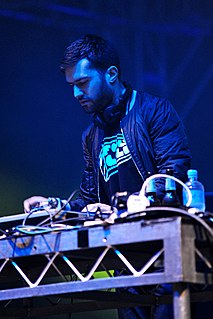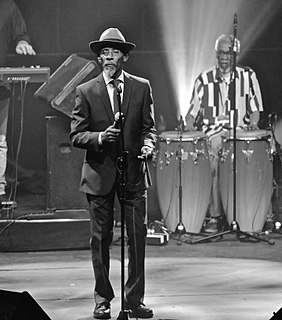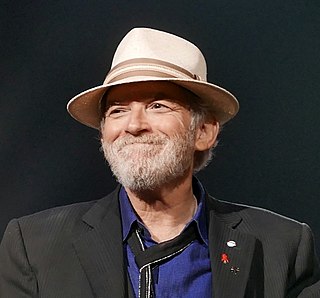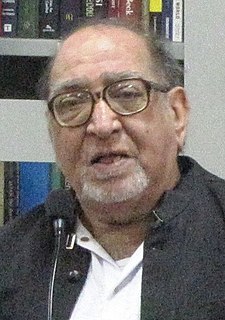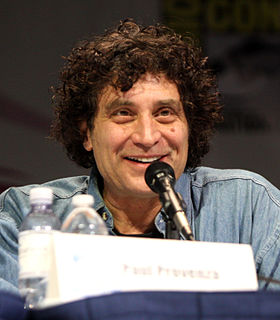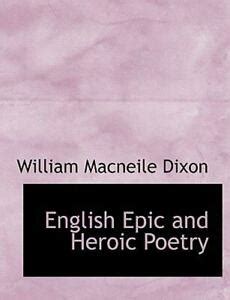Top 1200 Historical Context Quotes & Sayings - Page 2
Explore popular Historical Context quotes.
Last updated on April 19, 2025.
To me, there's a huge difference between criticism and reviewing. I really love reading good criticism of television and film. To me, a critic is someone who analyzes a show, describes it, talks about the people in it, puts it in historical context of other shows like it, compares it and stuff, and then talks about the intent of the show and whether it failed or didn't.
This is why it might be more useful to understand the proliferation of interactive media as an opportunity for renaissance: a moment when we have the ability to step out of the story altogether. Renaissances are historical instances of widespread recontextualisation. People in a variety of different arts, philosophies and sciences have the ability to reframe their reality. Renaissance literally means 'rebirth'. It is the rebirth of old ideas in a new context.
The problem with kitsch is that it is all too profound, manipulating deep libidinal and ideological forces, while true art knows how to remain at the surface, how to subtract it's subject from it's deepest context of historical reality. The same goes for contemporary art, where we often encounter brutal attempts to return to the Real, to remind the spectator or reader that he is perceiving a fiction, to awaken him from a sweet dream.
I think that even though The German Doctor (Wakolda) is placed in a historical context , it is a very intimate story. The film has been extremely well received around the world. It keeps on going around, opening in different markets, and connecting with the audience. In Argentina it was seen by over 450, 000 spectators, which is way more than anything we could have imagined.
Poetry is a river; many voices travel in it; poem after poem moves along in the exciting crests and falls of the river waves. None is timeless; each arrives in an historical context; almost everything, in the end, passes. But the desire to make a poem, and the world's willingness to receive it--indeed the world's need of it--these never pass.
The philosopher of science is not much interested in the thought processes which lead to scientific discoveries; he looks for a logical analysis of the completed theory, including the establishing its validity. That is, he is not interested in the context of discovery, but in the context of justification.
My point is, however, that churches do promote beliefs that would more appropriately find a place in a context of intellectual debate. They wind up cheerleading for highly dubious opinions on historical, scientific, and metaphysical matters, simply on the bases of emotional preference and the inertia of tradition. They demand conformity to these beliefs, and if you cannot swim with the current, then, well partner, maybe you'd be happier in another pool, another lake in fact, the one ablaze with burning sulfur.
Whether I like it or not, most of my images of what various historical periods feel, smell, or sound like were acquired well before I set foot in any history class. They came from Margaret Mitchell, from Anya Seton, from M.M. Kaye, and a host of other authors, in their crackly plastic library bindings. Whether historians acknowledge it or not, scholarly history’s illegitimate cousin, the historical novel, plays a profound role in shaping widely held conceptions of historical realities.
You can publish a poem you think is a very important poem, and you don't hear a word from anyone. [...] You can publish a book of poetry by dropping it off a cliff and waiting to hear an echo. Quite often, you'll never hear a thing. So doing that, using older work, puts it in a context, and that sort of forces the reader to realize what its importance is-if it has any. Everything needs a context. You're not going to recognize a poet unless you have a context.
What distinguishes the historical social system we are calling historical capitalism is that in this historical system capital came to be used (invested) in a very special way. It came to be used with the primary objective or intent of self-expansion. In this system, past accumulations were 'capital' only to the extend they were used to accumulate more of the same.
A text makes the word more specific. It really kind of defines it within the context in which it is being used. If it is just taken out of a context and presented as a sort of object, which is what - you know, which is a contemporary art idea, you know. It is like an old surrealist idea or an old cubist idea to take something out of context and put it in a completely different context. And it sort of gives it a different meaning and creates another world, another kind of world in which we enter.
....the popular music of Jamaica, the music of the people, is an essentially experiential music, not merely in the sense that the people experience the music, but also in the sense that the music is true to the historical experience, that the music reflects the historical experience. It is the spiritual expression of the historical experience of the Afro-Jamaican.
God's Word is not presented in Scripture in the form of a theological system, but it admits of being stated in that form, and, indeed, requires to be so stated before we can properly grasp it - grasp it, that is, as a whole. Every text has its immediate context in the passage from which it comes, its broader context in the book to which it belongs, and its ultimate context in the Bible as a whole; and it needs to be rightly related to each of these contexts if its character, scope and significance is to be adequately understood.
The way in which the photograph records experience is also different from the way of language. Language makes sense only when it is presented as a sequence of propositions. Meaning is distorted when a word or sentence is, as we say, taken out of context; when a reader or listener is deprived of what was said before, and after. But there is no such thing as a photograph taken out of context, for a photograph does not require one. In fact, the point of photography is to isolate images from context, so as to make them visible in a different way.
I don't particularly care about photographic authorship. Whether an astronaut who doesn't even have a viewfinder makes an image, a robotic camera, a military photographer, or Mike Light really doesn't matter. What matters is the context of the final photograph and the meaning it generates within that context.
It seems like journalism over here in UK, in general, is at a higher level: not overrun by all these teeny little blogs. There's more of a historical context for it or something. It seems like people review something or take a listen to something and they really do their homework. That's just what it seems like.
Maybe one way to think about it would be in the context of the historical development of germ theory. The problem of childbed fever was not significant until the development of a male-dominated medical establishment made possible the situation in which a professional might move from touching a corpse (for the purposes of study) to putting his unwashed hands up against, or into, a woman in labor.
Those who take to guns could do so due to deprivation, suppression, or historical legacy. The Afghans have lived through violence for centuries, by the Mughals, the Russians, their own people, so they have always had to fight for freedom... we cannot take away the context. But they legitimised it by using jihad, a religious sanction, so they could be seen as mujahids, fighting for Allah. And you cannot say there is nothing concrete.
I soon found I could not talk about that in a vacuum without understanding the historical, cultural, political context, and giving it some legacy and some roots, and so then it just started to have tentacles that just spread out in all these places, and already a vicious project became pretty overwhelming in scope, and so it was a lot of diligent, day-to-day fighting with the footage, trying to get it down to a place where it was manageable and emotional.
One of the big problems in this field is that there's so much mystification that surrounds talk of the Shari'a, whether its saying that Islam is all about peace or whether its people saying that Islam is all about Jihad and all about suicide bombs. People will make statements which don't seem to be backed up by any sort of historical context.


